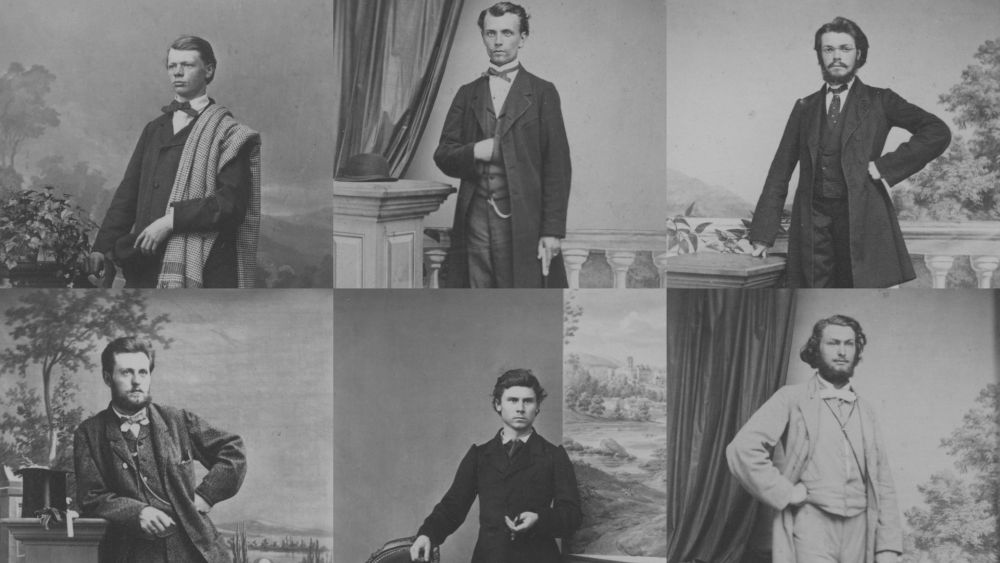200 Years of Pioneering Spirit: Education for the Dear Bourgeoisie
Studying has rarely been free throughout history – and Karlsruhe was no exception: When the Polytechnikum opened its doors in 1825, it was a school for technology enthusiasts, but not everyone could afford to attend. Tuition ranged from 16 to 44 guilders per year. In addition, there were registration and laboratory fees. Those who wanted to study chemistry had to pay up to 22 guilders extra for lab experiments. At the time, a worker in Baden earned around 150 guilders annually. For many families – even those of the upper middle class – pursuing higher education was a major financial challenge.
“No talent should be excluded” – but how?
“Polytechnic institutes are mainly intended for the sons of the middle class, and this class in Germany can no longer be considered wealthy,” criticized an article in the Polytechnisches Journal in 1825. Students from outside Karlsruhe also had to cover room and board, which could add up to several hundred guilders.
Although scholarships existed – such as those from the Christmas Foundation, which awarded between 40 and 100 guilders annually – they were limited. In 1831/32, fewer than a dozen students in Karlsruhe were fully or partially exempted from tuition fees. Many had to get creative: Some went into debt and ran up tabs with landlords, merchants, and even tavern owners. Others sought patrons and appealed to wealthy Karlsruhe residents for financial support.
Carl Benz’ rise with a discount
One student who nevertheless found his path was Carl Benz. The future automotive pioneer came from modest circumstances. His mother could not afford the full tuition, so Benz paid a reduced fee. For him, education was an investment in his future. And as we know today, it paid off. So, despite all obstacles, young men from across Baden and beyond came to Karlsruhe – driven by the dream of studying technology and changing the world.
Tuition fees: from clearing rubble to tuition free studies
Even after World War II, students were required not only to spend 1,000 hours clearing rubble from the campus but also to pay tuition – initially 120, later 180 Deutschmarks. It was not until 1970 that tuition fees were abolished. Today, Karlsruhe Institute of Technologie (KIT) is especially committed to promoting social diversity. Its goal is to ensure that everyone – regardless of background or life circumstances – has strong opportunities for education and research.
mex, November 7, 2025
Source: Ullmann, Martin Benjamin: Arrival at the Polytechnic – On the admission requirements of the polytechnic school in Karlsruhe and the geographical origin of its first students, unpublished, scheduled for publication in an anthology in the series Publications from the Archives of Karlsruhe Institute of Technology.

